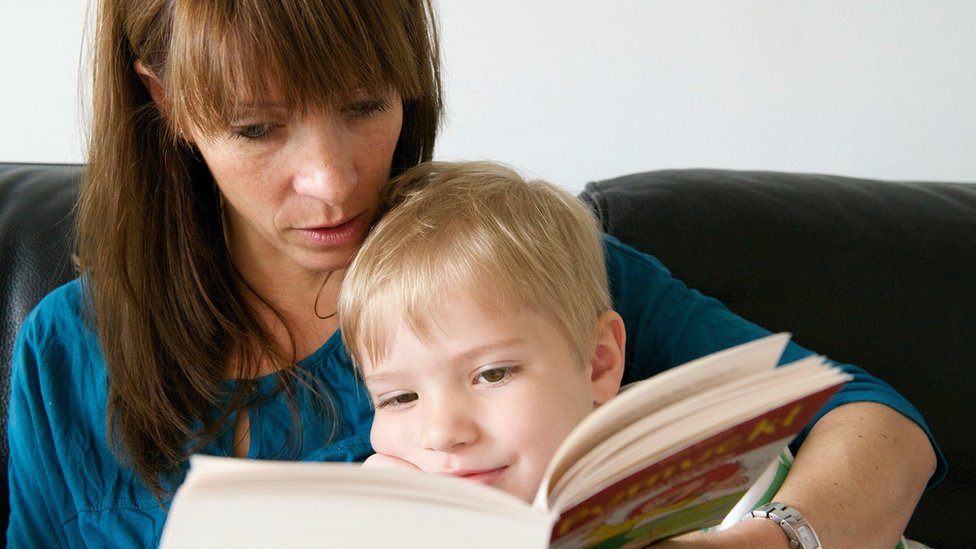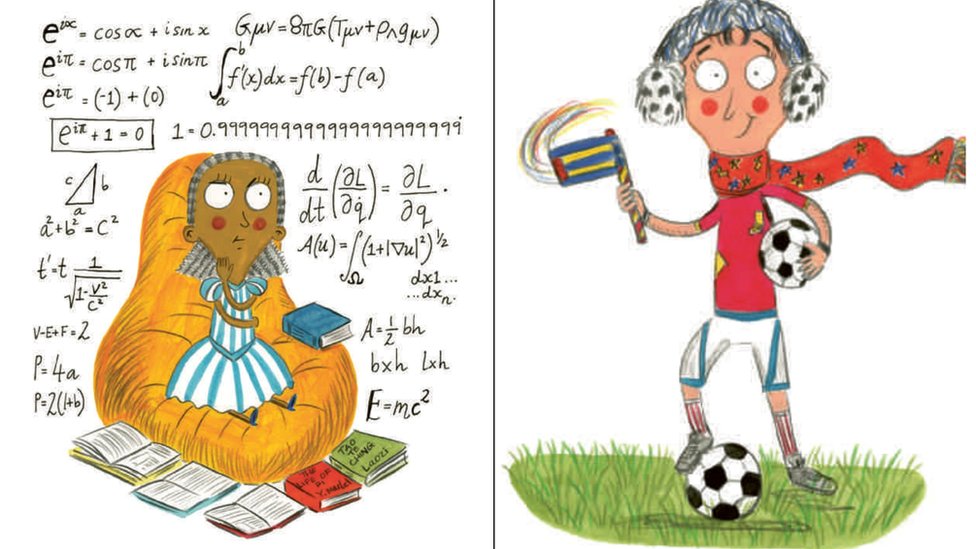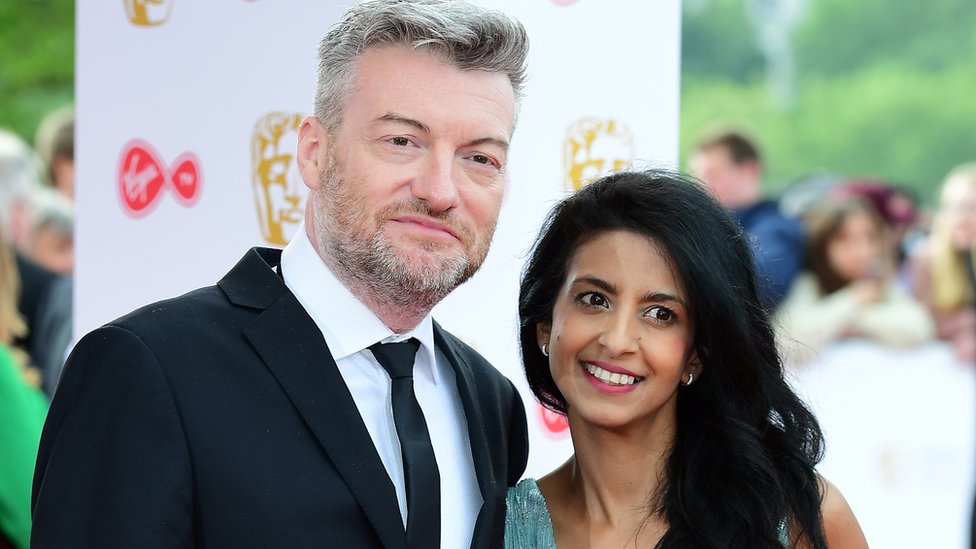This website uses cookies so that we can provide you with the best user experience possible. Cookie information is stored in your browser and performs functions such as recognising you when you return to our website and helping our team to understand which sections of the website you find most interesting and useful.
*:not([hidden]):not(style) ~ *:not([hidden]):not(style){margin-top:1rem;}
]]>
By Neil Smith
Entertainment reporter

image copyrightGetty Images
*:not([hidden]):not(style) ~ *:not([hidden]):not(style){margin-top:1rem;}
]]>
Most parents think traditional fairy tales that feature "damsel in distress" female characters are outdated and old-fashioned, a survey has suggested.
Yet the same data suggests the majority of mums and dads feel that fairy tales teach their children good morals.
More than 500 parents with children aged between five and 12 were consulted as part of the YouGuv survey.
It coincides with a new book by former children's presenter Konnie Huq that offers modern takes on age-old tales.
According to the survey, the concept of a female character needing a male character to save them rankles with 58% of British parents.
Two-thirds of British mothers - 66% - find the notion outdated, compared with about half - 49% - of their male counterparts.
The survey also found that 58% of parents in Britain think traditional fairy tales under-represent minority groups.
Overall, though, 81% of parents in Britain with children in the stated age group think such stories impart worthwhile lessons.
Of the 549 parents who took part in the online survey last month, 251 were male and 298 were female.

Huq, who co-presented Blue Peter from 1997 until 2008, said fairy tales had lasted as long as they have "for a reason".
"Parents think they're a good and valuable thing to share with their children," she told the BBC. "You don't want your kids to be instilled with bad messages and values."
When she came to co-author Fearless Fairy Tales, however, she could see the value in seeing whether stories like Little Red Riding Hood, Cinderella still spoke to parents.
"When you're doing this sort of thing it's good to test the tide and check there's an appetite for it," she said. "How do people feel about the values and morals these stories impart?"
'Tweaks and nods'
Fearless Fairy Tales, she continued, "work in conjunction with the traditional stories" while offering "little tweaks and nods" tailored for a 21st Century readership.
Sleeping Beauty, for example, becomes Sleeping Brainy, while Gretel and Hansel sees the former resenting the fact her twin brother is paid more for the same sweet-shop labour.
The topical spin on the Hansel and Gretel story was inspired in part by Huq's own fight to be paid the same as her male co-presenters during her Blue Peter years.

"There is a snobbery in the children's book world towards literature with humour, but I think it's hugely important," she went on. "Reading and education should be a pleasure, not a chore.
"Anything that gets kids reading is a good thing; they should be allowed to read whatever they want. Books are just rectangles on shelves until you find one for you."
Huq, who has two children with her broadcaster husband Charlie Brooker, said she wanted her books to educate and instruct her readers as well as entertain them.
"I want to do something that fills a gap," she said of her "stealth learning" tactics, likening her strategy to putting "hidden vegetables in a pasta sauce".
Fearless Fairy Tales by Konnie Huq and James Kay is published by Piccadilly Press, an imprint of Bonnier Books UK.

Follow us on Facebook, or on Twitter @BBCNewsEnts. If you have a story suggestion email entertainment.news@bbc.co.uk.



 Africana55 Radio
Africana55 Radio 
